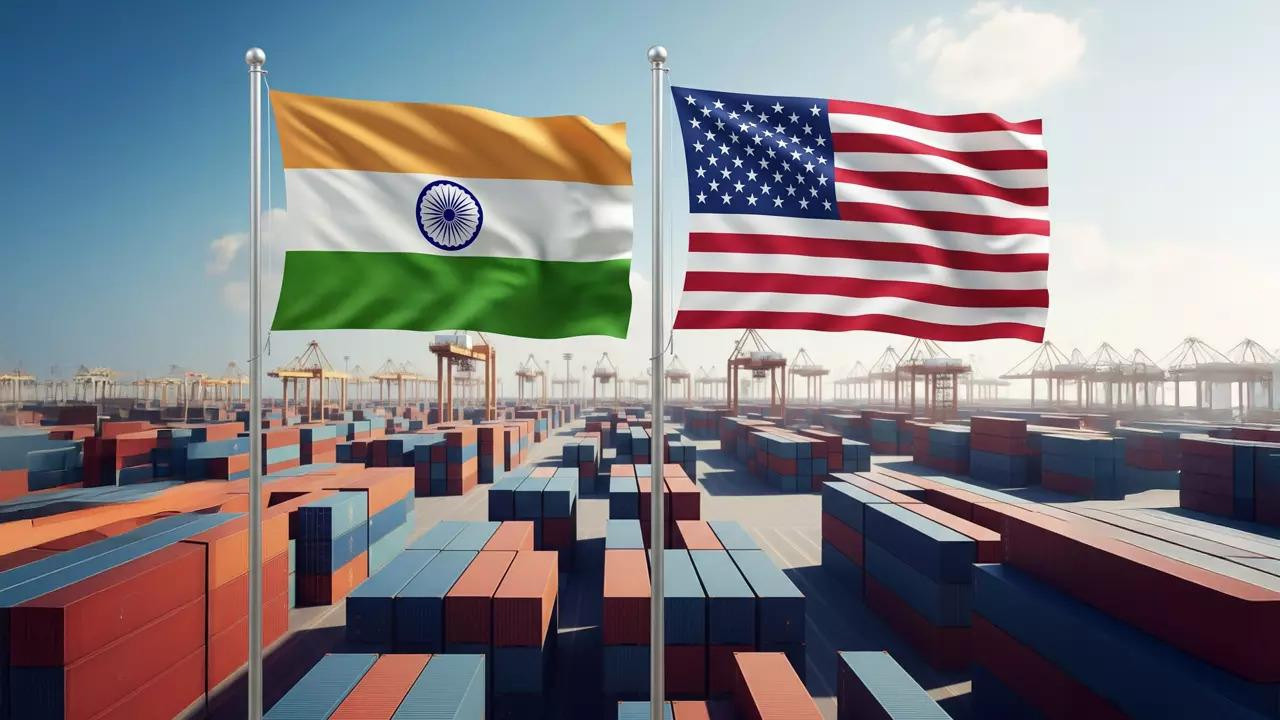India’s new trade deal with the UK lacks carbon tax exemptions. This could hurt Indian exports like steel and aluminium starting 2027. The UK will impose carbon taxes following the EU’s lead. Ajay Srivastava of GTRI highlights the trade imbalance. Indian exports worth $775 million may face tariffs. India views carbon taxes as discriminatory.
Navigating the Nuances: What India’s UK Trade Deal Means for Business
The ink has dried on the much-anticipated trade agreement between India and the United Kingdom, and while headlines celebrated a new era of collaboration, the fine print reveals a landscape of both opportunities and challenges. Forget sweeping generalizations – let’s dive into the specifics of this deal and unpack what it truly means, especially for the steel and aluminum industries.
The headlines touted tariff reductions and streamlined processes, but a closer look reveals a significant exclusion: an exemption from the UK’s Carbon Border Adjustment Mechanism (CBAM). What exactly is CBAM? Simply put, it’s the UK’s strategy to ensure that imported goods are subject to a carbon tax equivalent to what they would have paid had they been produced within the UK, pushing for global carbon emission responsibility. This omission from the trade deal means Indian exporters of certain carbon-intensive products, like steel and aluminum, will face this levy when selling to the UK market.
This has understandably stirred some concern. While the overall trade deal aims to reduce barriers, the CBAM inclusion creates a new one for certain sectors. The question now becomes: how can Indian businesses adapt and thrive in this new environment?
Steel and Aluminum Face the Carbon Challenge
For India’s steel and aluminum industries, the CBAM presents a tangible hurdle. The cost of exporting to the UK will inevitably rise, potentially impacting competitiveness. This necessitates a strategic shift, urging companies to invest in greener technologies and lower-carbon production methods. This isn’t just about adhering to regulations; it’s about future-proofing their businesses for a world increasingly focused on sustainability. The pressure is on to innovate and adopt best practices to mitigate the impact of the carbon tax.

Beyond Steel: A Broader Perspective on the UK Trade Deal
While the absence of a CBAM exemption for certain industries is significant, it’s important to remember that the India-UK trade deal extends far beyond steel and aluminum. The agreement encompasses a wide range of sectors, offering preferential access and reduced tariffs on numerous goods and services. Sectors like textiles, agricultural products, and pharmaceuticals stand to benefit significantly. For these industries, the deal represents a valuable opportunity to expand their reach and tap into the UK market with greater ease. Perhaps you may also be interested in our content on [India’s growing presence in the global technology market](insert internal link here).
Strategic Adaptation: The Key to Success Under the New Trade Agreement
What does this mean for Indian businesses looking to expand into the UK? Here are some actionable insights:
* Invest in Sustainability: Reducing carbon emissions is no longer optional; it’s a business imperative. Companies need to prioritize investments in cleaner production processes and technologies to minimize their carbon footprint and mitigate the impact of CBAM.
* Diversify Export Markets: While the UK market is valuable, diversifying export destinations can buffer against potential trade barriers. Explore opportunities in regions with less stringent carbon regulations or those offering preferential trade agreements.
* Embrace Innovation: Develop innovative products and services that are less carbon-intensive or that offer sustainable alternatives. This can give Indian businesses a competitive edge in the global market.
* Seek Government Support: Advocate for government support in the form of incentives, subsidies, and research grants to facilitate the transition to a low-carbon economy.
The India-UK trade deal is a complex agreement with both advantages and disadvantages. While the carbon border tax inclusion presents a challenge for certain sectors, it also underscores the growing importance of sustainability in international trade. By embracing innovation, investing in greener technologies, and strategically adapting to the new trade landscape, Indian businesses can navigate these nuances and thrive in the global marketplace. This agreement is a reminder that the future of trade is inevitably intertwined with environmental responsibility.







